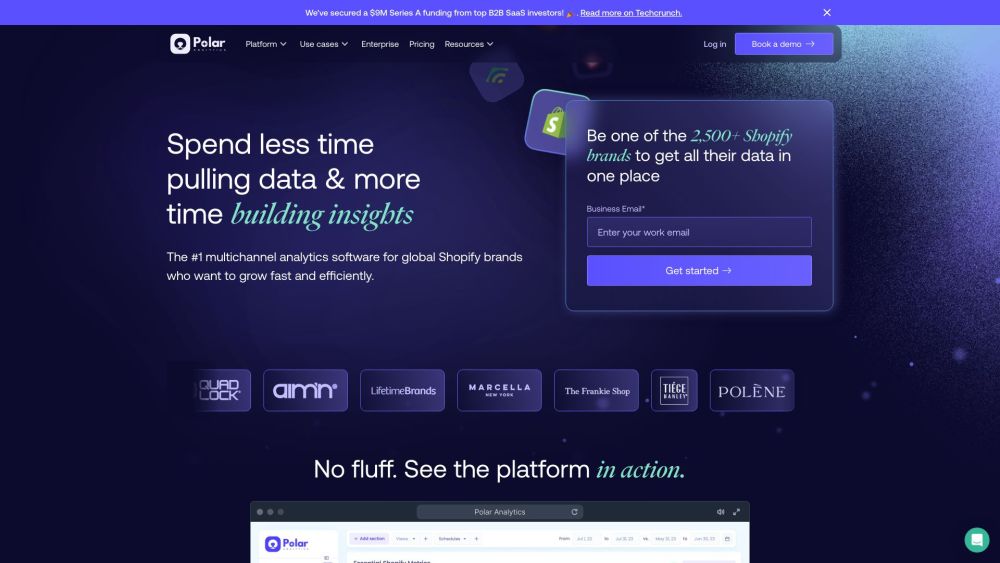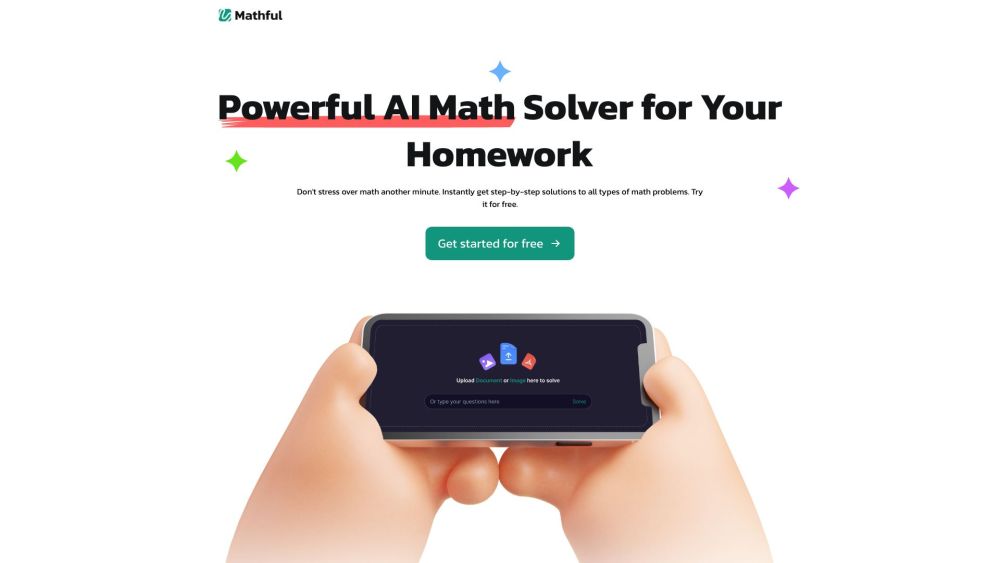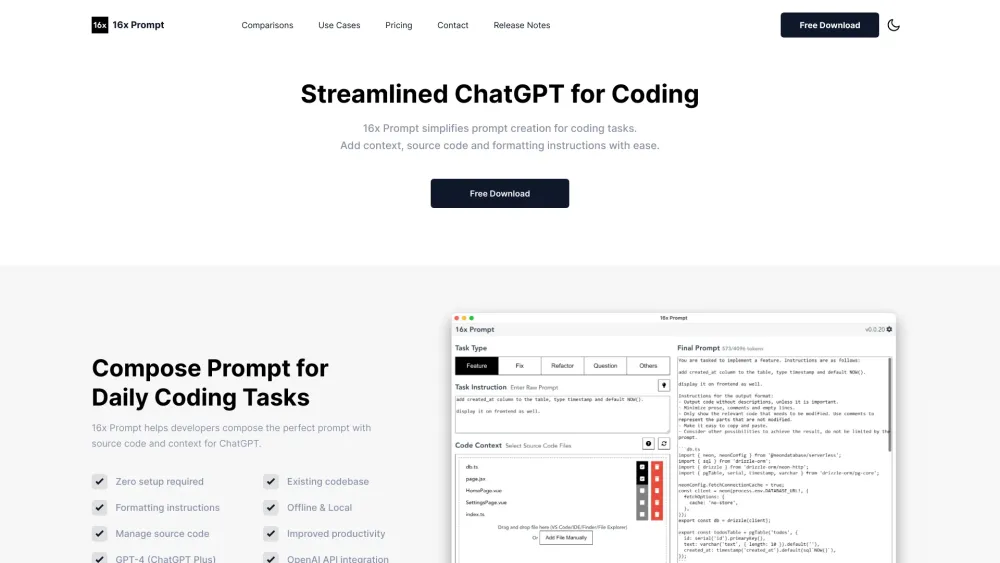Embodied Artificial Intelligence: The Next Frontier in AI Development
Embodied Artificial Intelligence (EAI) is an essential branch of artificial intelligence that is gaining significant attention from both academia and industry. EAI refers to intelligent systems that possess a physical presence and can interact with their environment. At the ITF World 2023 Semiconductor Conference, Jensen Huang, founder and CEO of NVIDIA, emphasized that EAI is set to drive the next wave of AI innovation. Google DeepMind recently unveiled the RT-2 model, a vision-language action system controlled by robots, while OpenAI has re-entered the robotics field by investing in the Norwegian startup One X Technologies and launching a new AI robot named Neo. Meanwhile, supportive policies from China, such as those released by Beijing to promote general AI innovation, have encouraged the exploration of EAI applications.
What is Embodied Intelligence?
According to experts from the China Computer Federation, embodied intelligence is an AI system that perceives and acts based on its physical entity. Through interactions with its surrounding environment, an EAI system gathers information, understands problems, and makes decisions, resulting in intelligent behavior. Rooted in the cognitive science concept of "embodied cognition," EAI emphasizes the role of the body in forming intelligence and cognitive abilities, asserting that bodily interaction with the environment is foundational to cognitive development. Advanced robotics technology breathes life into EAI by integrating components such as cameras, microphones, and tactile sensors, enabling the AI system to effectively interact with its surroundings.
Bridging the Gap Between Digital AI and the Physical World
While AI has made remarkable strides, it still struggles to connect directly with the physical world; most existing systems lack a tangible body. This limitation manifests in several ways: a lack of environmental awareness makes it difficult for AI to grasp the complexities of the physical world; insufficient context understanding leads to reduced judgment; and excessive data reliance hampers its ability to respond to unexpected situations. EAI addresses these challenges by creating systems that can interact with the real world, effectively bridging the gap between digital AI and reality.
EAI: A New Path to Artificial General Intelligence (AGI)
Despite models like ChatGPT generating coherent text, their understanding of the content they create remains limited. Tony Prescott from the University of Sheffield has pointed out that if current methodologies continue, AI may struggle to achieve cognitive capabilities equivalent to human intelligence. Research by Prescott and Dr. Stuart Wilson suggests that mimicking biological intelligence and integrating it with robotics might be the best way to achieve human-like cognition. EAI is increasingly seen as a viable pathway toward developing AGI.
Achievements and Innovations in EAI
EAI has demonstrated impressive capabilities across various applications, especially in robotics training and autonomous driving. Notable innovations include:
- Google DeepMind's release of the RT-2 robot model, which can learn from both internet resources and robotic data while exhibiting strong generalization.
- Meta's introduction of the VC-1 and ASC models, with VC-1 mimicking human visual cortex training for tasks and ASC enhancing success rates through coordinated visual-motor skills.
- New machine learning methodologies developed by researchers at MIT and Stanford, enabling robots to effectively navigate dynamic environments and improve performance.
The potential of EAI is immense. According to 2000 Turing Award winner Andrew Yao, the future of AGI relies on interactions between embodied entities and the physical world to create substantial industrial value. Despite challenges related to technology and privacy, the rapid advancement of EAI may lead us to AGI, driving technological progress and social transformation.





